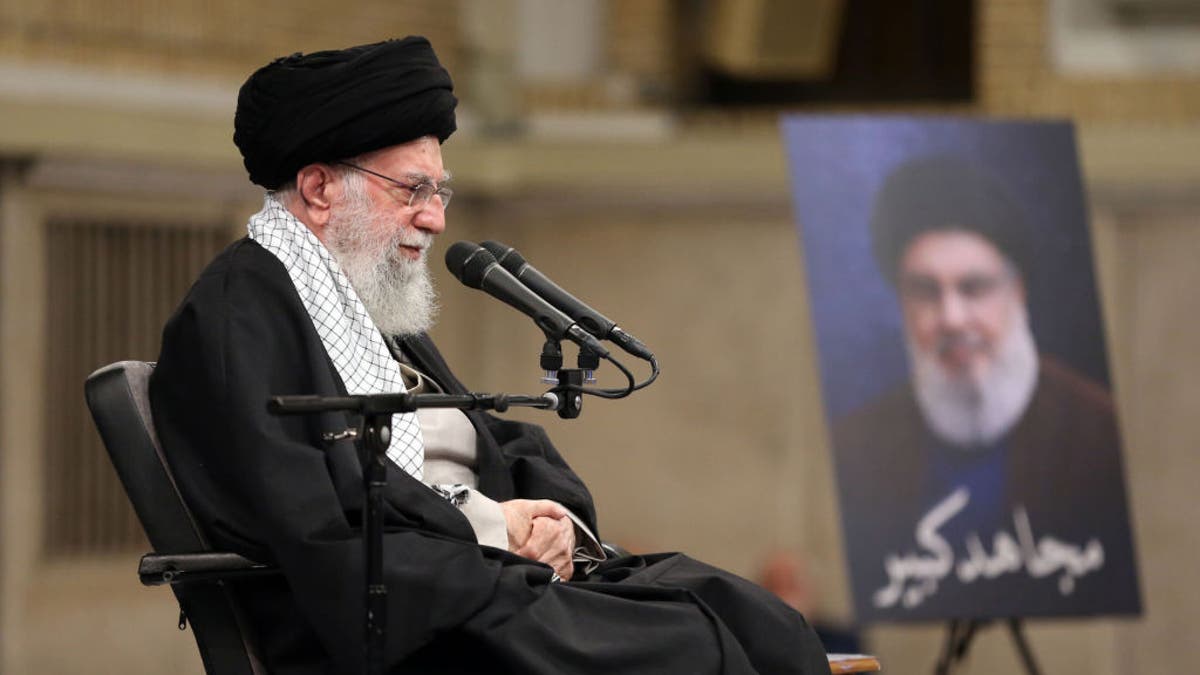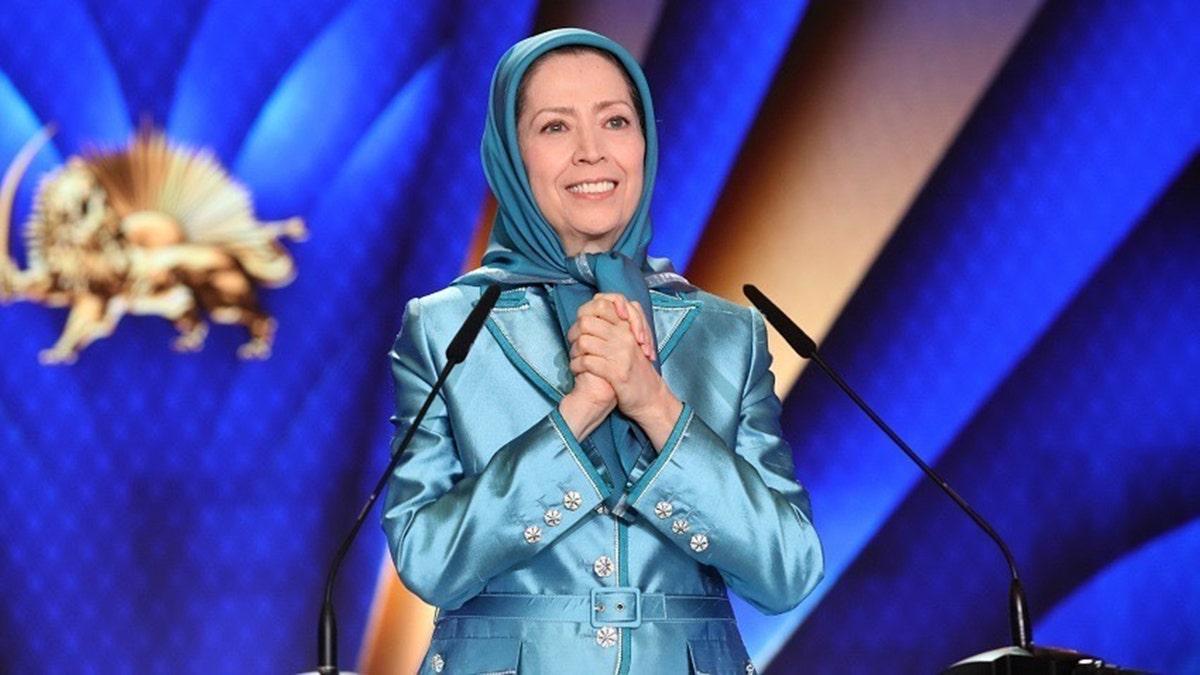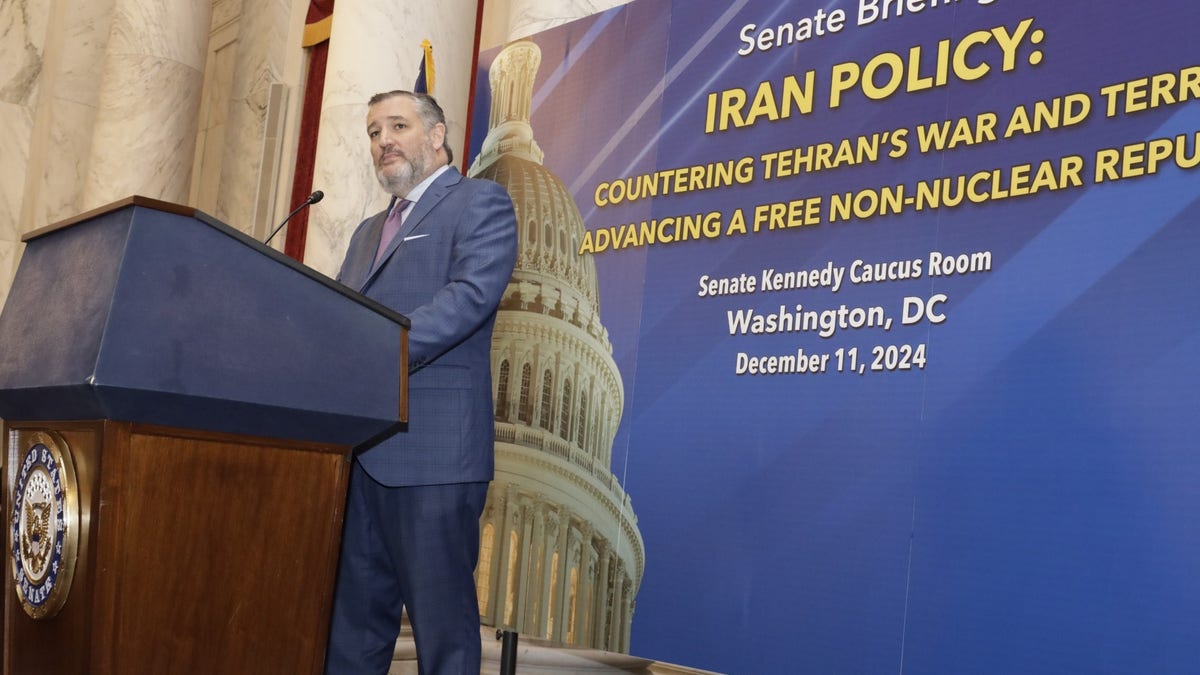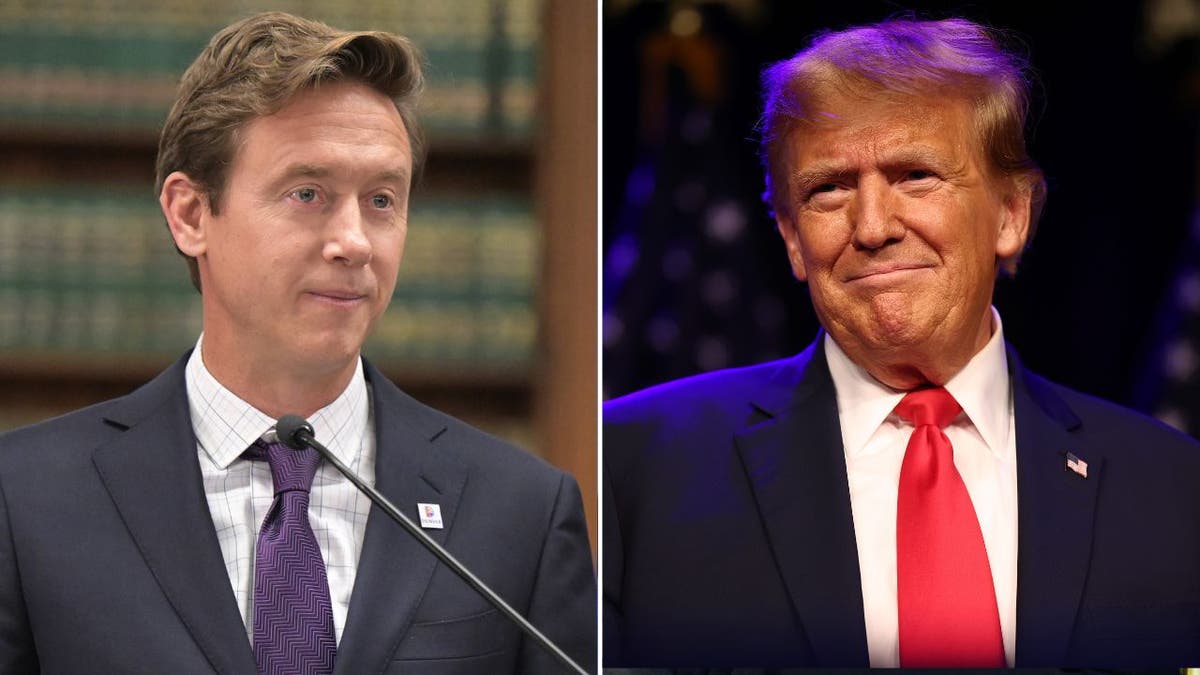Following the recent upheaval in Syria and with a new U.S. administration on the horizon, discussions about potential regime change in Iran are gaining momentum. Former officials and lawmakers are expressing optimism about the possibility of Iran following a similar path as Syria, potentially with U.S. support.
Sam Brownback, former U.S. ambassador for International Religious Freedom, emphasized the urgency of the situation, stating that regime change is the only way to prevent Iran from acquiring nuclear weapons. He warned, "It’s not just now or never, it’s now or nuclear," highlighting Iran's advanced uranium enrichment activities.
A bipartisan group of senators voiced their support for ousting Iranian Supreme Leader Ayatollah Ali Khameini. They advocated for a return to the "maximum pressure" campaign of sanctions implemented during the previous administration, coupled with support for the Iranian resistance movement—an element they believe was lacking in the earlier approach.

Senators from both sides of the aisle expressed their commitment to ending the current regime's oppressive practices. Senator Cory Booker (D-NJ) stressed the importance of collaborating with allies to bring about this change. Senator Jeanne Shaheen (D-NH) highlighted Iran's perceived weakness as an opportune moment to promote democratic values and human rights. Senator Ted Cruz (R-TX) explicitly called for regime change, a stance not often heard in Washington's recent political climate.
Senator Cruz predicted the imminent downfall of the ayatollah and the mullahs, envisioning free and democratic elections in Iran. He outlined a strategy involving a return to maximum pressure tactics, cutting off Iran's resources, shutting down nuclear facilities, and halting oil production.


While some advocate for supporting the Iranian opposition through providing equipment and information, the current administration has taken a different approach. The administration has granted Iran sanctions waivers in pursuit of nuclear negotiations and has not expressed support for regime change. Furthermore, questions remain about the extent to which the U.S. should involve itself in such efforts.
Brownback, however, argued for U.S. involvement in supporting the Iranian opposition, suggesting providing equipment and information. He believes the fall of Syrian President Bashar al-Assad, a key ally of Iran, presents a strategic opportunity for change in Iran.
Experts believe Assad's removal could inspire the Iranian people and signal the possibility of change in the Middle East. Gen. James Jones, former White House national security adviser, emphasized that appeasement does not work with the Iranian regime.
Maryam Rajavi, president-elect of the National Council of Resistance of Iran, a prominent resistance group, asserted that the Iranian people and resistance units are preparing for an organized uprising. Rajavi's group proposes a 10-point plan for regime change, emphasizing the separation of religion and state, gender equality, the abolition of the death penalty, and denuclearization.
The current situation in Iran is further complicated by military actions involving its proxies, Hamas in Gaza and Hezbollah in Lebanon. Whether this weakened position will make Iran more susceptible to U.S. pressure or lead to further escalation remains uncertain. However, it is clear that U.S. support for regime change would significantly heighten tensions with Iran, with unpredictable consequences.








